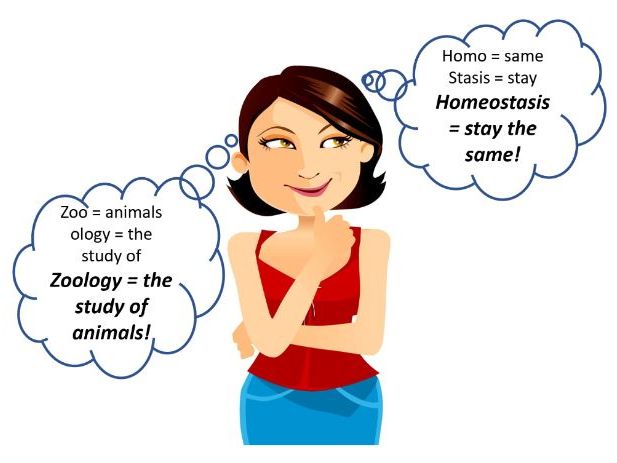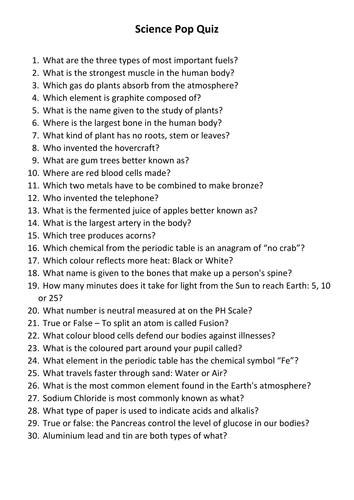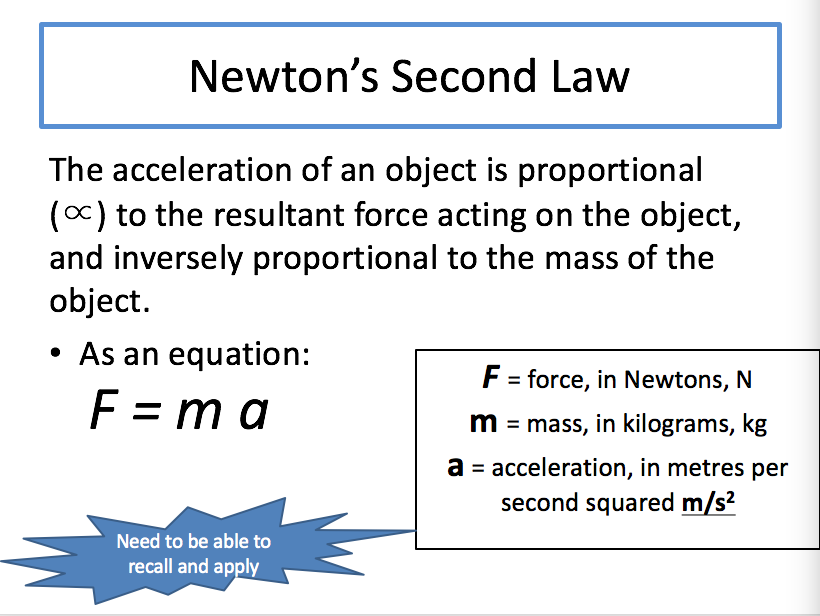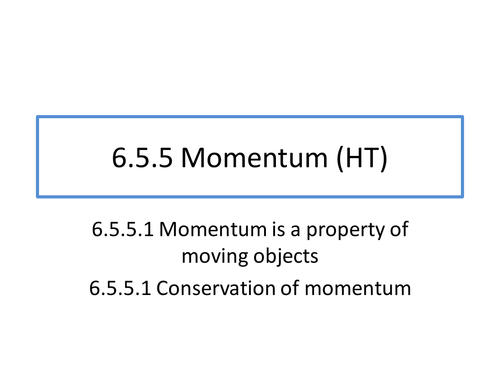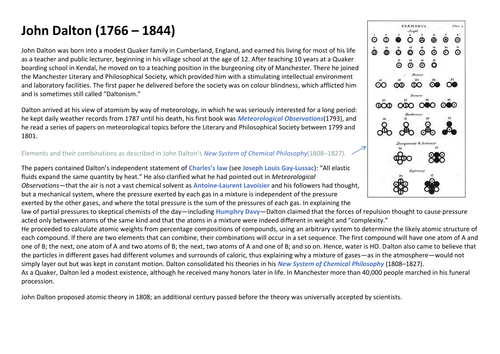Science Teacher TES Shop
Welcome to my shop!! I have taught in an inner London school for 6 years and been Head of Department for the last 3. I not only produce science specific resources but also cross-curricular projects and science literacy resources. I hope you find something useful and your students enjoy the activities!



